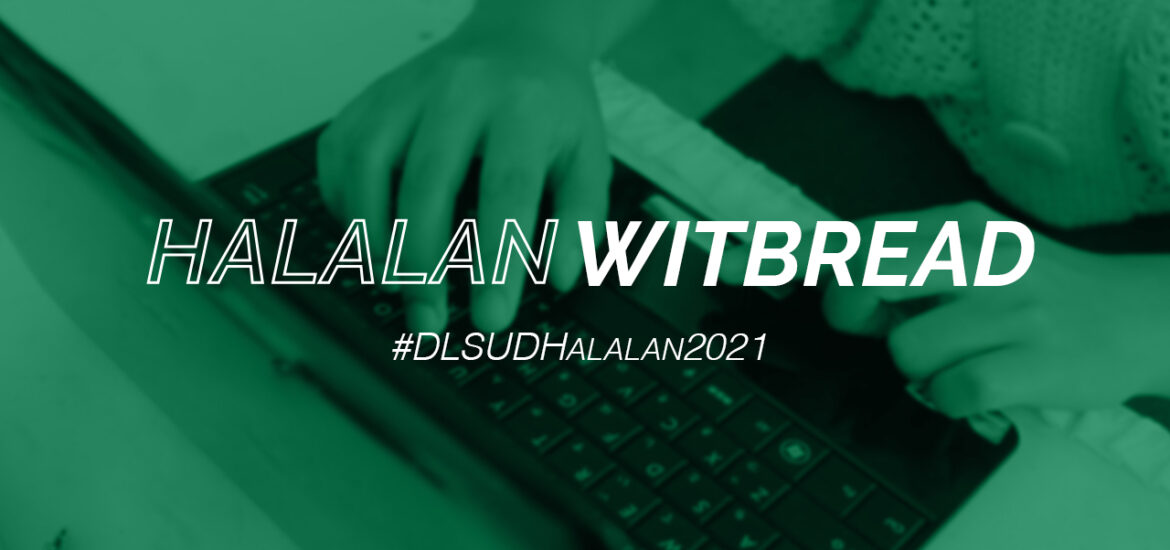In the face of adversity, we had to learn the hard way what “student leadership” means, and lack thereof. Now, as we hold our first student election in three years, we are faced with two questions: first, who to vote for, and second, why bother?
Let it be known that the second question directly affects the former – because no matter the lineup, no matter whose face ends up in the publication materials a month later – it all comes down to why we choose to vote, and why their positions exist in the first place. Once we remember the purpose of having student leaders, we remember their duty and for whom they’re supposed to stand for: not the school, not the administration, not even their organization — but for the students.
Lasallians are by no means voiceless. Even before the pandemic struck, we have taken collective action to speak up for our fellow students, as evidenced by the calls for #NotoTOFI, demands for transparency, and finally, calls for academic ease in consideration of our community. We have proven how much we are able to accomplish by joining hands to help those in need, especially in times of calamity, where various organizations have gone the extra mile (literally) to deliver help for our fellow Filipinos.
So when we vote, trust that it is not because we need an echo – but because we need a leader. The pandemic and online classes setup did not change this fact, and it will not change even on the return of face to face classes. As a matter of fact, we may even go as far as to say that we need them now more than ever. Gone are the days that student leaders could simply wear a badge to dictate their authority – with every student trapped behind the screens, it takes even greater effort to reach out and to make sure their problems are heard and seen. Gone are the days that we can pretend our sphere of influence only revolves around the University — faced with different social realities, privilege dictates who gets to enroll for the semester, and who gets to leave early.
Today, our candidates face the challenge of stepping up in the middle of a crisis, and to convince us that their promises are worth their weight. Where they stand, how firm they plant their feet, and how much they are willing to listen — whether they have chosen to treat the title as an addition to their glittering resume, or as a duty — we will know, eventually.
Tomorrow, we hold onto our votes, and remember why we cast them. Who received them will not matter, only whether or not they are serving their purpose.
Until then, we bother, because it is our future at stake here.

